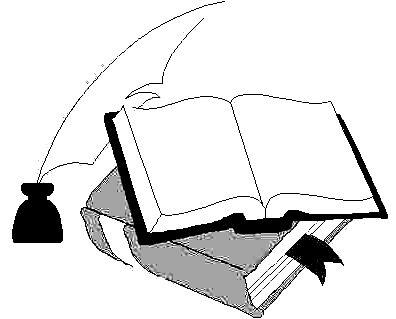Questions of a reading worker

Who built the seven-gated Theben?
In the books are listed the names of kings.
Have the kings dragged along the rockets by themselves?
And the several times destroyed Babylon -
who built it up so many times?
In which houses of the golden Lima lived the construction workers?
And the evening, when the Chinese Wall was ready, where went the brick-layers to?
The great Rome is full of triumphal arches. Who built them?
And about whom triumphed the Caesars?
Had the much sung Byzanz only palaces for its inhabitants?
Even in the legendary Atlantis in the night when the flood was coming, the drowning persons were crying to their slaves.
The young Alexander conquered India. He alone?
Caesar beat the Gaul. Didn’t he have at least a cook with him?
Philip of Spain cried, when his fleet perished. Did beside him nobody cry?
Frederic II triumphed in the Seven Years’ War. Who else triumphed besides him?
Every page a victory. Who cooked the victory-banquet?
All ten years a great man. Who paid the bill of expenses?
So many reports. So many questions.
